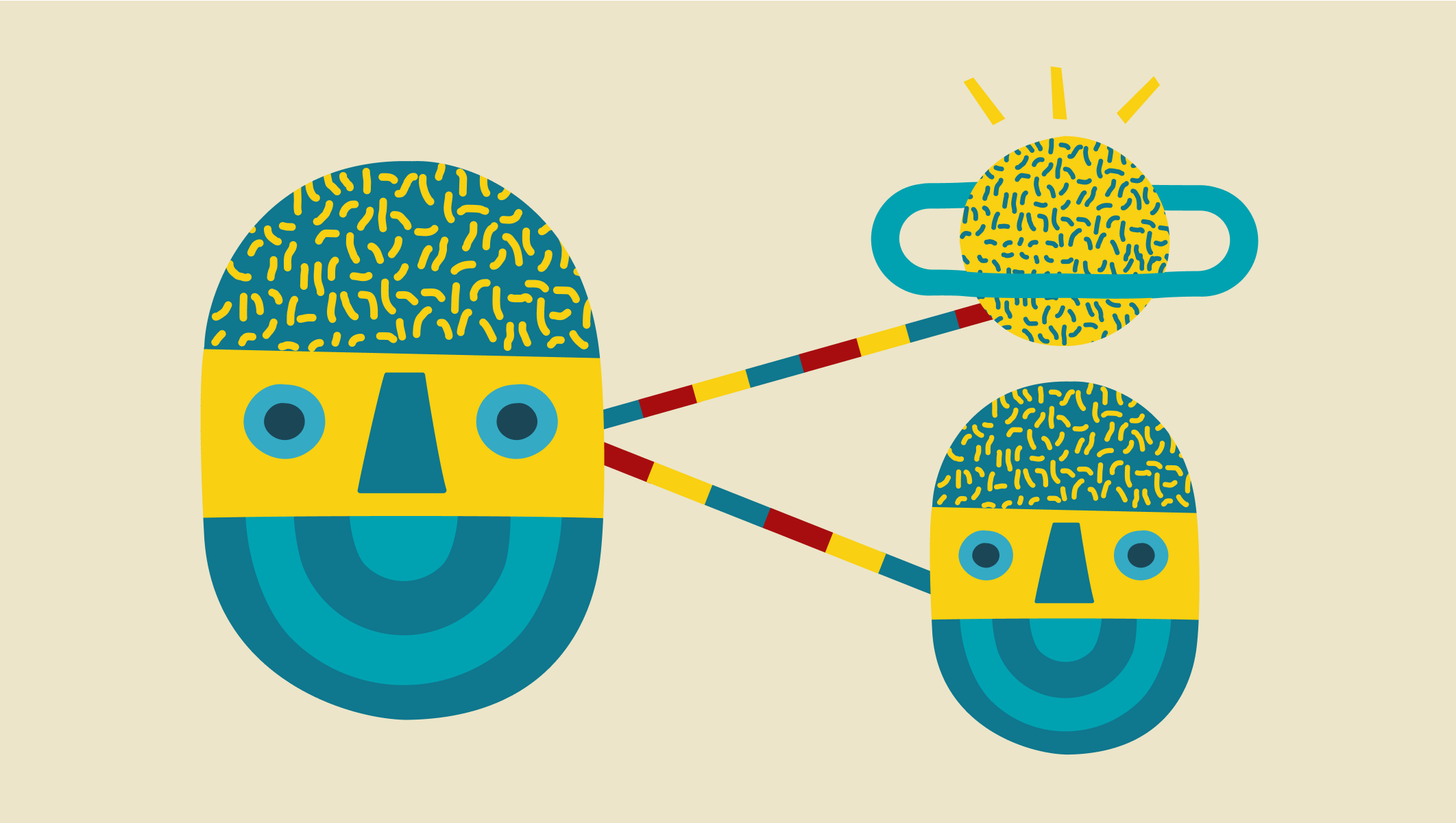Fatima: Remote vs in-person data collection
Here I Am’s ethical research platform Fatima can collect data in-person and remotely. So, how do we decide when to use in-person methods and when to opt for remote data collection?
Let’s break down the factors that help us and our Fatima customers to determine which approach will be most effective.

Fatima Remote Benefits
1. Safety: The most significant advantage is reduced exposure to potential harm for both the interviewer and the interviewee, including violence, kidnapping and potential espionage accusations.
2. Data Security: Data collected in-person is often stored on the device. Should this device be lost or stolen, it can place the interviewee and interviewer at increased risk of harm. Fatima Remote eliminates this risk as all data is stored in a highly secure, penetration-tested data hub.
3. Cost-Effective: No need for travel, accommodation, or on-the-ground logistics.
4. Faster: Remote data collection eliminates the need for physical travel, which can be time consuming.
5. Broader Participation: With Fatima Remote, all participants need is a basic phone to receive a phone call. This enables reaching more participants, especially those who are displaced, on the move, or spread too thinly to be cost-effectively included in a research cohort.
6. More Comfortable and Convenient: Participants can be interviewed in their own homes without fear or intrusion or judgement for a visiting interviewer.
7. More Accurate Results: A sense of anonymity can create more honest and authentic responses.
8. More Frequent Engagement: Given the reduced costs and ease of connecting, using Fatima Remote can enable more frequent engagement, which allows for more impactful human-centred-design approaches.
Fatima In-Person Benefits
1. Deeper Immersion: Being in-person offers a rich contextual understanding, facilitating deeper insights.
2. Direct Observation: Interviewers can witness events and behaviours first-hand, ensuring authenticity and capturing nuances.
3. Building Trust: Face-to-face interaction can build stronger relationships with participants, potentially leading to more open and honest discussions.
4. Adaptability: Immediate feedback allows researchers to adapt their methods or questions in real-time.
5. Cultural Sensitivity: Being present allows for better navigation of cultural norms and expectations.
6. Safe Space Assessment: In-person interactions enable a fuller in-person safe assessment to ensure participants can speak freely without the risk of harm or backlash.
7. Offline Functionality: Fatima In-Person has offline functionality so no need for connectivity during interviews, meaning interviews can happen as planned.
Choosing between remote and in-person research depends on the research objectives, available resources, and the perceived risks. Sometimes, a mixed-method approach, blending both remote and in-person techniques, might be the best solution. Regardless of the approach, it's crucial for researchers to prioritise the safety and well-being of all involved and to be aware of the potential implications and consequences of their work.
If you would like to hear more about Fatima, and its ethical approach to conducting research, we would love to hear from you at hello@hereiamstudio.com
Inspired by this post?
We love to share perspectives, thoughts and ideas on creating digital ways to include the excluded. If you have a problem you'd like to discuss, we'd love to hear from you.




